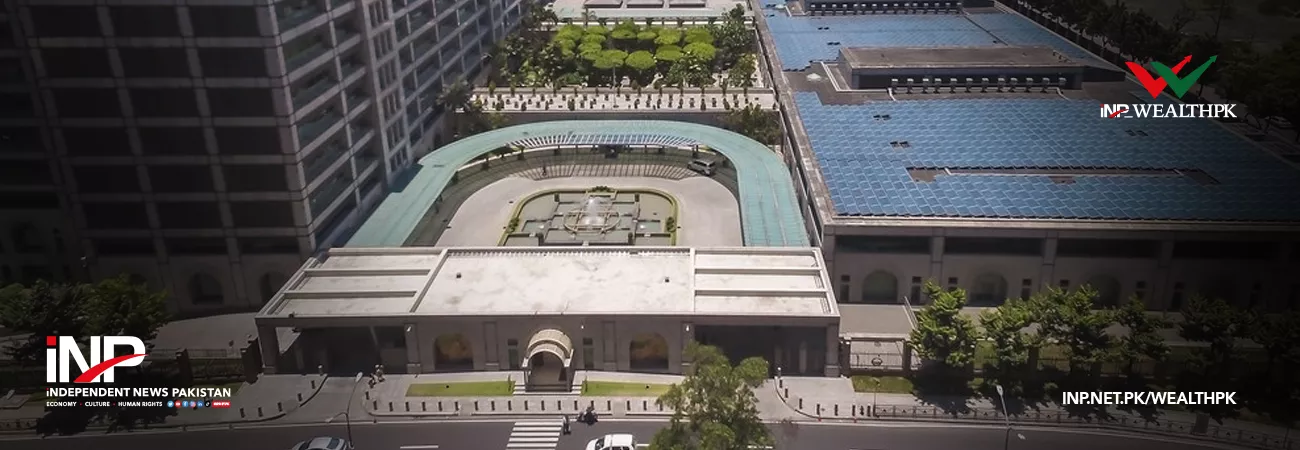INP-WealthPk
By Sajid Irfan
The Asian Development Bank financing to Pakistan of $1.5 billion for social protection and safety measures has boosted the foreign exchange reserves.
Currently, Pakistan's foreign exchange reserves stand at $14.68 billion. Pakistan's reserves of foreign exchange decreased gradually, but the ADB loan has provided a definite advantage.

Dr Abdul Rashid, DG International Institute of Islamic Economics (IIIE), Islamic International University Islamabad (IIUI), told WealthPK that the ADB loan has been extremely helpful in stabilising the foreign exchange reserves. The State Bank of Pakistan (SBP) itself has $8 billion, while commercial banks have $6.68 billion. He said that the bank approved the loan in order to promote food security amid devastating floods and global supply chain disruptions. The financing will be the single largest inflow since the nation received a $1.1 billion bailout in August from the International Monetary Fund (IMF).
Dr Abdul Rashid said that the basic purpose of the ADB loan is to provide social protection and safety measures. He said the loan would help stabilise the Pakistani rupee.

He further said the loan will help boost the nation’s dollar reserves, which stand at the lowest level in three years, and cover about one month of imports, lower than the three-month standard benchmark.
“The drop in inflows changed sentiment in the interbank market and encouraged importers to buy dollars at the prevailing rate before it became expensive. Pakistan’s economy already faces serious challenges due to fast-decreasing foreign exchange reserves and political instability,” he added.
Dr Abdul Rashid said that the outgoing year's trade deficit is propelled by the highest-ever increase in oil prices and commodities in the international market due to supply chain disruptions brought about by the ongoing Ukraine crisis. Pakistan is facing growing economic challenges, with high inflation, sliding forex reserves, a widening current account deficit and a depreciating currency.
"The primary purpose of taking loans from financial institutions is to stabilise Pakistan's deteriorating economy, exchange rates, and balance of payments; however, this relief is short-term and usually ends in a new crisis as the debt matures and the government gets into another monetary crisis due to inadequate dollars raised by the federal reserve," he added.
Dr Abdul Rashid said that a critical level of reserves has caused severe pressure on the Pakistani rupee with the local unit depreciating constantly.
“Foreign exchange reserves were decreasing on a weekly basis earlier due to an increase in imports and had fallen below $8 billion, which was an alarming situation. However, funds from multilateral partners will improve the situation,” he said.
Credit : Independent News Pakistan-WealthPk













